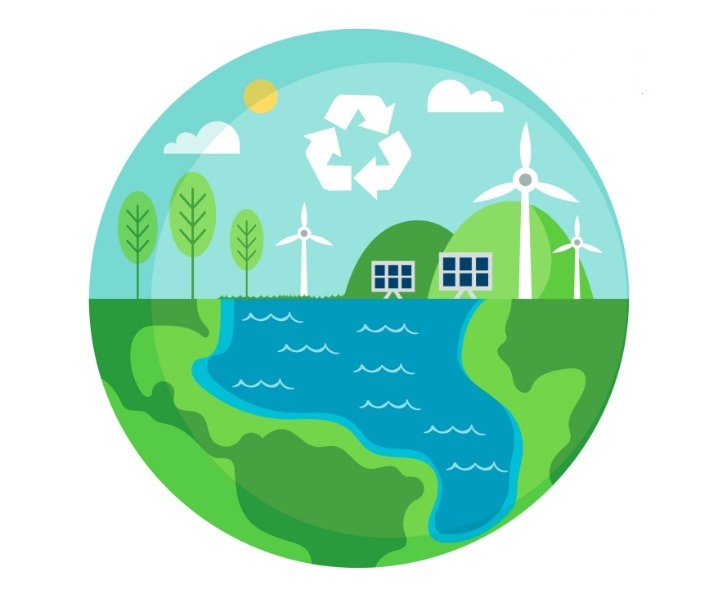
Heat reuse in Bitcoin mining isn’t just an environmental benefit, it also creates practical solutions for a range of industries. The excess heat generated by mining operations, which would typically go to waste, can be repurposed to support various applications that require thermal energy. Let’s explore some of these creative and sustainable uses:
1. Fish Farms
Fish farms, especially those involved in aquaculture, require carefully controlled water temperatures to ensure optimal growth and health of aquatic life. Bitcoin mining facilities, with their constant production of excess heat, can redirect this thermal energy to warm water in fish farming operations. By providing a stable and controlled environment for fish, mining operations can help boost productivity in the aquaculture industry. This is particularly beneficial in colder climates or regions where heating systems for fish tanks would normally consume substantial amounts of energy.
2. Greenhouses for Agriculture
Another promising application is the use of heat from Bitcoin mining to support agricultural operations, especially in greenhouses. Growing plants in controlled environments requires specific temperature conditions, which can often be energy-intensive to maintain. By redirecting heat from mining rigs to greenhouse operations, the agricultural sector can benefit from cheaper and more sustainable heating systems. This is particularly advantageous for growing crops in colder climates or during the winter months, improving food production efficiency.
3. District Heating for Homes and Communities
In colder regions, Bitcoin mining facilities can contribute to district heating projects. Excess heat generated from the mining process can be funneled into the local heating system that supplies homes, apartments, or businesses. Instead of relying on fossil fuels or electric heaters, this excess heat can warm entire neighborhoods, significantly reducing overall energy consumption. This is a win-win situation, as it offers a cleaner, cost-effective way of keeping communities warm while maximizing the efficiency of Bitcoin mining operations.
4. Industrial Processes
Various industrial sectors, such as manufacturing, food processing, and chemical production, often require significant heat for their processes. Bitcoin mining operations can partner with local industries to supply waste heat that can be utilized in these processes. This reduces the need for traditional fossil fuel-based heating solutions, thus helping reduce carbon footprints across multiple sectors. For example, a food processing plant could use heat from Bitcoin mining to assist in drying or sterilizing products.
5. Energy-Harvesting Communities
In remote or off-grid locations where traditional energy infrastructure may be limited, Bitcoin mining operations can offer decentralized heat and energy solutions. These areas could use the heat produced by mining rigs to power homes and small businesses. In these cases, Bitcoin mining becomes part of a larger sustainable energy model, with the potential to improve energy access and reliability in underserved regions.
6. Data Centers and Other Tech Facilities
In the tech industry, where large-scale data centers consume significant amounts of energy, heat reuse from Bitcoin mining could also be applied. The heat from Bitcoin mining rigs can be redirected to nearby data centers or other tech facilities that require temperature control. This would help reduce the cooling costs associated with running servers, making the entire operation more energy-efficient and environmentally friendly.
In summary, the reuse of heat in Bitcoin mining offers more than just a way to reduce energy consumption and waste. It has the potential to improve sustainability across various sectors, from agriculture to residential heating and industrial applications. By rethinking how we handle excess energy, Bitcoin mining can become an integral part of the clean energy transition, benefiting not just the mining industry but a variety of other fields in the process.